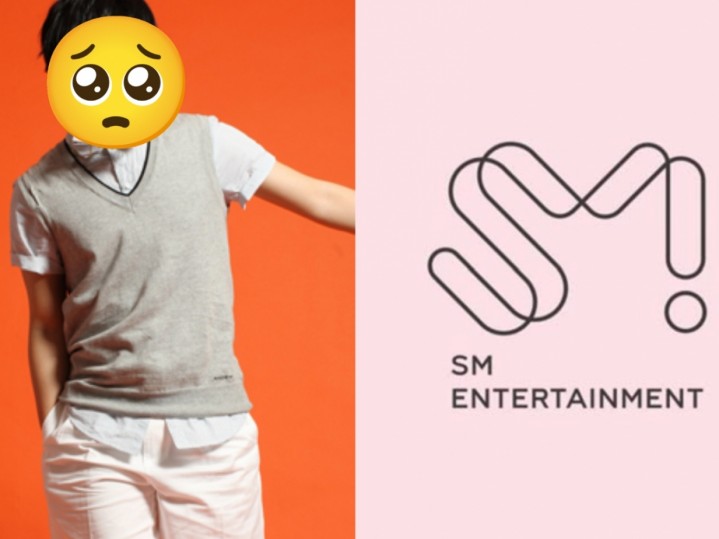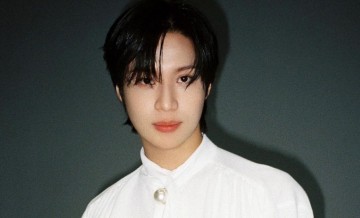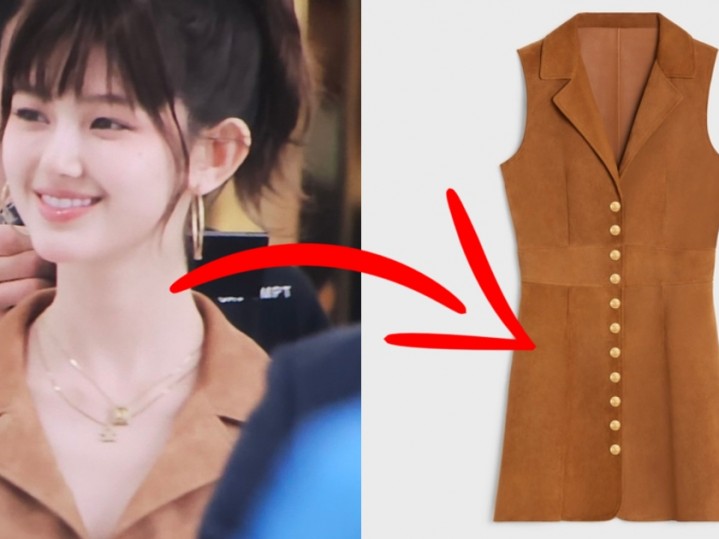Korean Music Charts Under Scrutiny
Are Korean music charts rigged? A two-part report published this week examines issues relating to chart fixing in South Korea.
An editorial series released by the Korea Herald delved into issues that are currently affecting public opinion regarding the legitimacy of South Korea's most popular music charts. Two articles, "Can You Trust The K-Pop Charts?" and "Is The Korean Digital Music Market Pushing Out Artists" addressed concerns.
The South Korean music charts are perceived to be unfair to certain artists and genres of music while promoting only music released by the biggest artists and entertainment labels.
According to the Korea Herald, there are certain practices that have led the Korean music charts to come under fire by even some of the largest Korean music agencies.
Hoarding, where fans make numerous accounts or brokers are paid large fees to do the same thing, is one of the allegations against music charts. By making multiple accounts, users are able to stream music that would otherwise not gain as much attention.
By climbing up music charts, to achieve even the number one song in South Korea for a hour, artists are able to fix results.
The Korea Herald spoke to sources who explained that even if a song is number one for a hour, it can affect their career; appearances on music shows and radio programs, as well as year end award shows, are affected by achieving the number one spot.
The problem of hoarding first gained major attention in 2013, YG Entertainment, SM Entertainment, JYP Entertainment, and Star Empire entertainment asked for a state investigation to stop brokers from affecting charts. The case was thrown out in court due to lack of evidence.
Another element that the Korea Herald report covered was recommended songs, or songs that are promoted more by one streaming source than another. When a user listens to music the recommended songs are added to Top 100 playlists, so that song will get played even while currently not in the Top 100 and will end up being pushed up the charts.
"The contention is that streaming platforms are rigging the system in order to push certain songs up the charts," wrote the Korea Herald, "allowing the companies behind those artists to gain streaming revenue and opportunities for media appearances."
Data gathered by a source showed that streaming site Melon recommended songs distributed by partner agency LOEN Entertainment more than other agencies, while streaming site Genie did the same with songs distributed by partner company KT Music.
Representatives from Loen Entertainment and CJ E&M told the Korea Herald that "recommended" songs could potentially warp charts, but that the idea helps audiences discover new music.
"We're discussing how we can do that without creating controversy over fairness," LOEN Entertainment's Park Jin Kyu, head of corporate relations, said. "We understand that the artists who take over that small privileged spot seem like they have power."
Similarly, on Oct. 21, Mnet.com, owned by CJ E&M, released a statement that it would "remove the 'package-deal recommendation service' from [the] music service soon" and "actively reflect the criticisms of music production agencies to lead improvements in the music market environment."
LOEN Entertainment told the Korea Herald through a statement that the Melon charts will develop "algorithms that would prevent hindering fairness or reason through partiality." The company will also release a new recommendation service as early as the end of this year.
In order to stop hoarding, LOEN Entertainment has attempted to block abnormal accounts, created by either fans or brokers.
But other problems, aside from recommended songs and hoarding accounts, also affect the Korean digital music charts; currently, few Korean artists are able to make their way onto the charts.
"There are only two genres in today's Korean music," said Shin Dae-chul, head of the Barun Music Cooperative. "Idol music, non-idol music. The rest is meaningless."
An indie artist spoke to the Korea Herald anonymously, explaining that the system doesn't favor artists and that she has heard from other indie bands that distributors and music platforms were taking artists for granted.
Due to the fact that music streaming platforms take 40 percent of the streaming revenue, the singer said that her band considered not distributing their songs in Korea at all because there is so few opportunities to appear get their name out there on streaming charts.
One of the biggest problems, according to Lee Youn Hyuk, the head of secretariat at the Record Label Industry Association of Korea, is the way digital music is consumed in Korea.
"Since most people don't look for songs outside of the top 100, the charts become conservative," said Lee. "The same songs are consumed over and over again, making it hard for new songs to break in."
New artists, or artists who are less popular, have little to boost their presence. At the time of the report, the top ten songs in Korea were mostly from idol acts, soundtracks, and previously well-received artists.
The Korea Herald explained the consumption pattern of Korean music listeners is due to low costs, with unlimited streaming packages in Korea available for less than $6 USD a month, and unlimited downloads available for only a few dollars more.
The two-part report also suggested that Korean artists need to do more to improve their own situation, fighting for fairer distribution rights, while the industry needs to help audiences access wider ranges of music.
---
















